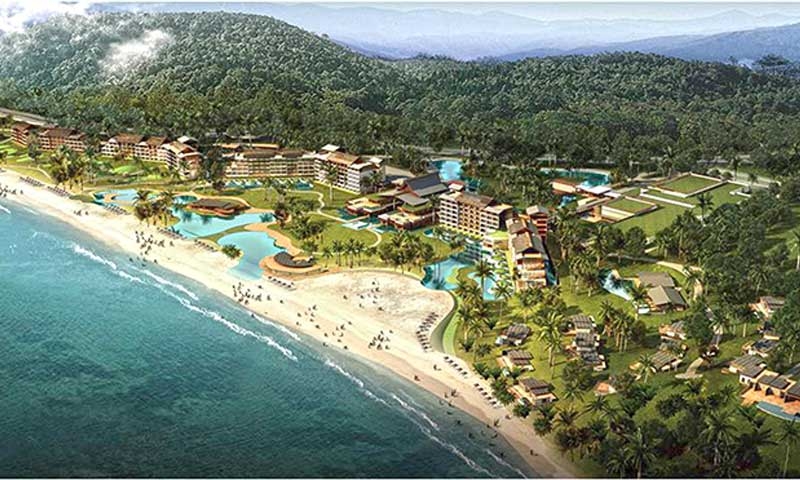Cambodia’s Catholic Renaissance: USD 3 Million Cathedral Rises from the Ruins of Khmer Rouge Destruction
A new USD 3 million Catholic cathedral blending traditional Khmer and Catholic architectural styles is under construction on the northern outskirts of Phnom Penh, marking the most significant Catholic building project in Cambodia since the Khmer Rouge regime’s destruction of the iconic Notre Dame Cathedral nearly five decades ago. Set to be completed by July […]
Cambodia Set to Launch Digital Professionals Association to Empower Future Workforce
In a significant move to enhance the digital landscape, Cambodia’s Ministry of Posts and Telecommunications, alongside the Ministry of Education, Youth, and Sports, has announced the establishment of a Digital Professionals Association. This innovative initiative is designed to foster collaboration and advance skill development in nine critical areas that are essential for the nation’s digital […]
Cambodia & India Collaborate to Establish Science Library in Battambang
In a ground-breaking initiative aimed at improving educational resources in Cambodia, a Memorandum of Understanding (MoU) has been signed between the Ministry of Industry, Science, Technology and Innovation of Cambodia and the Ministry of External Affairs of India. The agreement, finalised on 17 February 2025, will pave the way for the establishment of a state-of-the-art […]
Bentley Systems’ New Carbon Analysis Capabilities Help Reduce Infrastructure’s Carbon Footprint
Bentley makes carbon impact analysis a systematic part of the design process for new and existing infrastructure assets and simplifies embodied carbon reporting with added 3D visualisations. VANCOUVER (Bentley Systems’ Year in Infrastructure 2024) – Bentley Systems, Incorporated (Nasdaq: BSY), the infrastructure engineering software company, today announced the general availability of new Carbon Analysis capabilities […]
China Grants USD 20m on School Infrastructure & Education Improvement Project in Cambodia
In a significant step for Cambodia’s educational development, a USD 22.5 million project dedicated to improving school infrastructure and supplying educational materials was officially inaugurated at Hun Sen Peam Chi Kang High School in Kampong Cham province, under the presidency of PM Hun Manet on 26 October 2024 The ambitious project, primarily funded by the […]
World Bank Approves USD 80 Million Grant to Elevate Cambodia’s Education Sector & Renovate 147 Laboratories
In a significant boost to Cambodia’s education system, the World Bank has approved a USD 80 million grant aimed at upgrading the country’s tertiary education and research infrastructure. Over the next six years, the financing will be used to renovate 147 laboratories across nine public higher education institutions, providing improved facilities for academic growth and […]



 ខ្មែរ
ខ្មែរ







